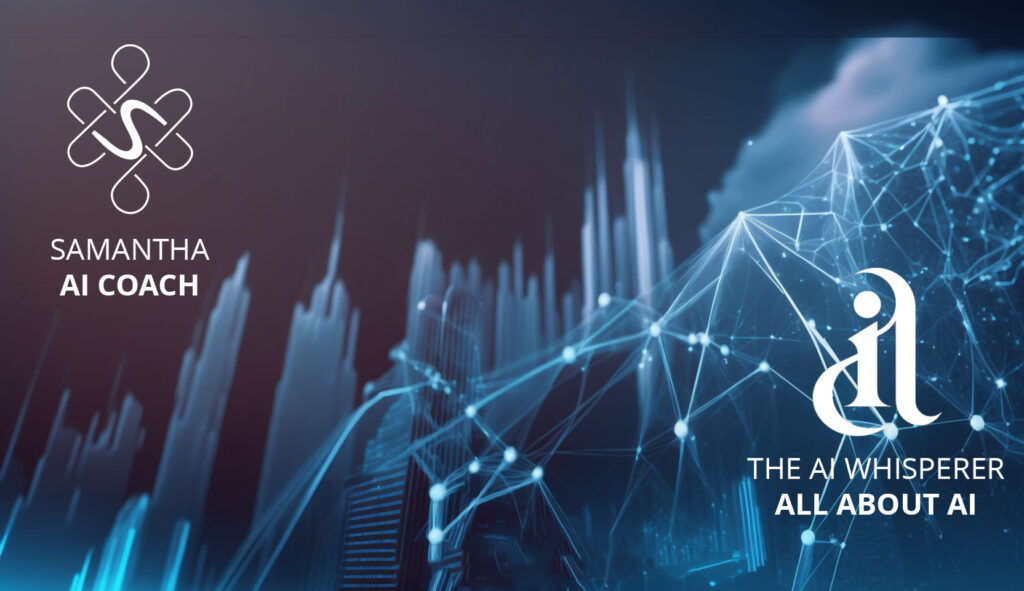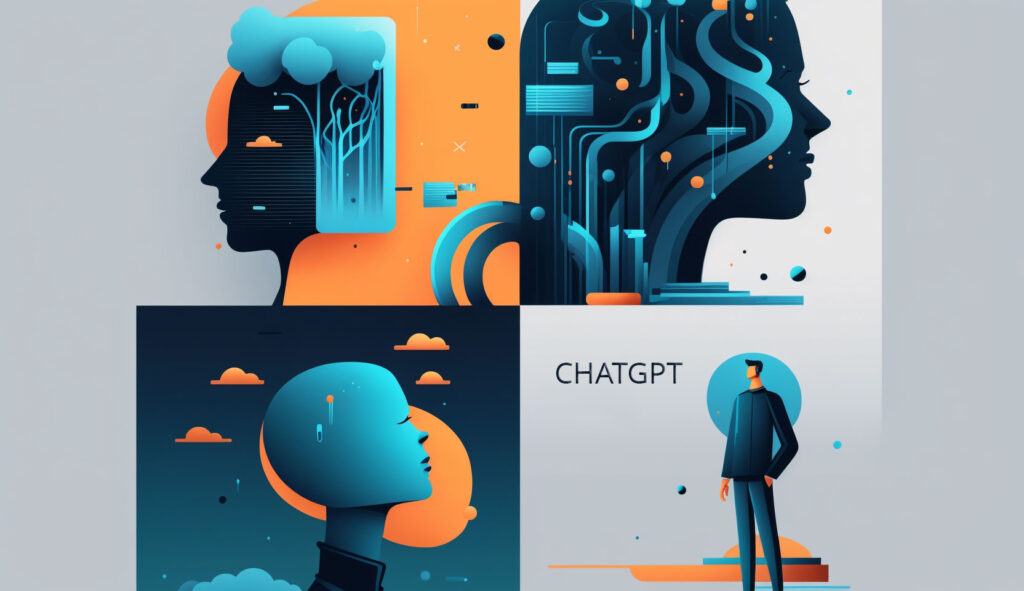We are currently witnessing a rebirth in the realm of music. Remarkably, the catalyst behind this transformation is artificial intelligence (AI). But how exactly is AI altering the landscape of music? Let’s explore this further.
AI and Music Creation
AI is now a potent tool for artists, providing assistance with technicalities and accelerating the process of music creation. It doesn’t stop there, though. Interestingly, AI is also sparking new ideas, opening the door for aspiring artists who may not have the financial means to secure expensive beat lease licenses or a music producer. As for AI-generated music, it’s not a replacement for human creativity. Instead, it’s a valuable collaboration tool, helping artists to compose in new ways.
AI and Music Recommendation
Moving on to the realm of music consumption, AI is also changing the game. Take Spotify’s new „AI DJ“ as an example. If you’ve used the app recently, you may have noticed this feature. It’s an AI that explains your music choices, making the music recommendation process more personal and sophisticated. From understanding the user’s emotional state to their environment, AI-driven contextual music is revolutionizing how we experience music.
AI and Music Performance
But AI’s influence isn’t just restricted to the studio; it’s also making waves on the stage. With the help of AI algorithms, musicians can receive intelligent accompaniment that responds to musical changes in real-time, optimizing live performances. AI can even enhance the acoustics of a venue and generate live visuals and lighting cues. In essence, a solo artist with a laptop can feel like they have a full band and a production crew!
AI and Music Production
Additionally, AI is democratizing the process of music production. Tools like LANDR allow songs to transition from amateur to professional quality without needing thousands of dollars or hours of an engineer’s time. Furthermore, AI tools like Google’s Magenta studio and AIVA are helping to compose unique music while taking care of licensing and royalties, making music creation more accessible than ever before.
Ethical Considerations
Yet, as with any significant technological advancement, there are ethical considerations. AI-generated music should respect and not replace traditional music creation. Furthermore, there are concerns about copyright violations and the question of originality when AI uses existing music and sounds to create new tracks. As we further embrace AI in music, these discussions will be crucial in shaping the industry’s future.
Conclusion
In conclusion, AI’s role in the music industry is both exciting and complex. While it’s opening up new possibilities and revolutionizing how we create, perform, and experience music, it also calls for careful consideration of its ethical implications. By having open discussions and sharing our individual visions, we can ensure that AI serves the music industry in a positive and respectful manner.


